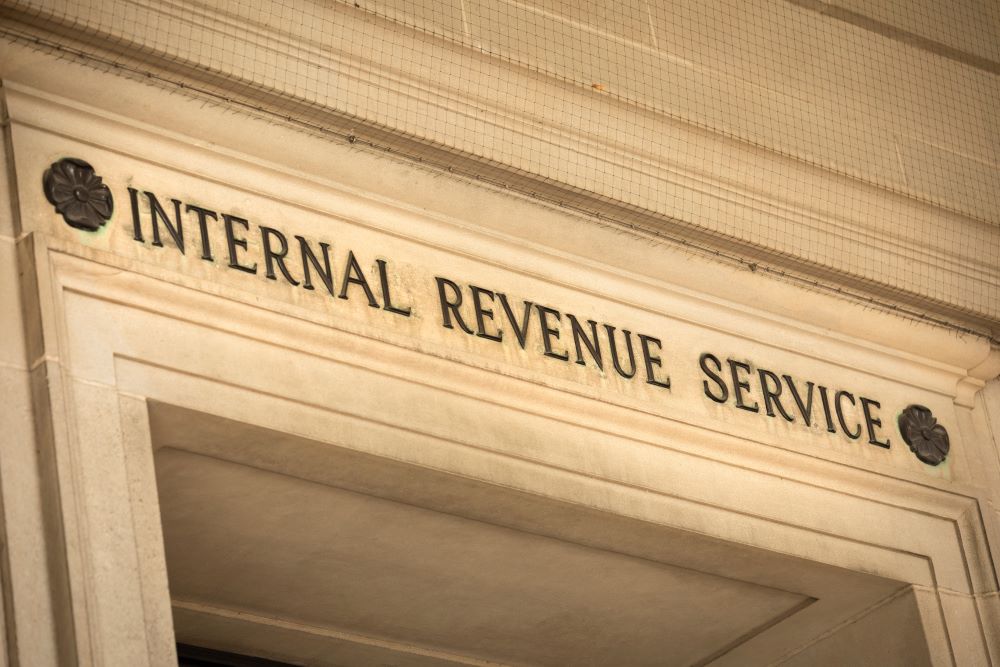IRS Announces New Automatic Penalty Relief


Failure to file a tax or information return by its due date generally results in extra fees and penalties. It also draws extra scrutiny from the IRS and can result in significant delays in having the return processed and other matters closed. Since the end of the pandemic, the IRS has been investing significant time and resources in reviewing returns originally due in 2019 and 2020. Now, for millions of taxpayers, those extra fees will be refunded or waived for certain returns.In August, the IRS announced penalty relief which is expected to impact 1.6M taxpayers and result in $1.2 in automatic refunds (assuming eligibility requirements are met). The relief is not limited just to individuals as foreign corporations, partnerships and S-corporations are also eligible. To help clients, prospects, and others, Wilson Lewis has provided a summary of the key details below.
About the Relief in Notice 2022-36
This piece of good news from the IRS is partly due to the ongoing backlog caused by the pandemic. As the agency continues to process past returns and look toward the 2023 filing season, it needed to refocus its efforts elsewhere. Considering most of the affected returns were late during extended due dates and emergency declarations, it made sense to grant automatic relief to save the time and energy of continuing to review them.
The IRS notice applies to several tax returns and international information returns that were due in 2019 or 2020. Affected returns are listed below.
- Forms 1040: Individual income tax returns
- 1040-C (S. Departing Alien Income Tax Return)
- 1040-NR (S. Nonresident Alien Income Tax Return)
- 1040-NR-EZ (S. Income Tax Return for Certain Nonresident Aliens With No Dependents)
- 1040 (PR) (Federal Self-Employment Contribution Statement for Residents of Puerto Rico)
- 1040-SR (S. Tax Return for Seniors)
- 1040-SS (self-employment tax return)
- Forms 1041: Estates and trusts income tax returns
- 1041-N (S. Income Tax Return for Electing Alaska Native Settlement Trusts)
- 1041-QFT (S. Income Tax Return for Qualified Funeral Trusts)
- Forms 1120: Corporate income tax returns
- 1120-C (U.S. Income Tax Return for Cooperative Associations)
- 1120-F (U.S. Income Tax Return of a Foreign Corporation)
- 1120-FSC (U.S. Income Tax Return of a Foreign Sales Corporation)
- 1120-H (U.S. Income Tax Return for Homeowners Associations)
- 1120-L (U.S. Life Insurance Company Income Tax Return
- 1120-ND (Return for Nuclear Decommissioning Funds and Certain Related Persons)
- 1120-PC (U.S. Property and Casualty Insurance Company Income Tax Return)
- 1120-POL (U.S. Income Tax Return for Certain Political Organizations)
- 1120-REIT (U.S. Income Tax Return for Real Estate Investment Trusts)
- 1120-RIC (U.S. Income Tax Return for Regulated Investment Companies)
- 1120- SF (U.S. Income Tax Return for Settlement Funds)
- Form 1066: Real Estate Mortgage Investment Conduit income tax return
- Forms 990: Not-for-profit information and tax returns
- 990-PF (Return of Private Foundation or Section 4947(a)(1) Trust Treated as Private Foundation)
- 990-T (Exempt Organization Business Income Tax Return)
In addition, an IRS press release noted that penalty relief is also available to banks, employers, and other businesses that file 1099 information returns. Information returns for the 2019 or 2020 tax years that were filed late can qualify for relief if they were filed on or before August 3, 2020 (for 2019) or August 2, 2021 (for 2020).
In those cases, the original due dates were:
- For 2019 returns: January 31, 2020; February 28, 2020 (if filed on paper) or March 31, 2020 (if filed electronically); or March 15, 2020
- For 2020 returns: January 31, 2021; February 28, 2021 (if filed on paper) or March 31, 2021 (if filed electronically); or March 15, 2021
Failure to File Penalties
As most taxpayers are aware, if they cannot pay the taxes due, the worst option is to simply not file. For most taxpayers, especially considering COVID-19, failure to file is more likely a result of a missed deadline or confusion. Penalties can sometimes be waived in these circumstances if the taxpayer can prove the failure to file was due to reasonable cause.
Reasonable cause is determined on a case-by-case basis and depends on the type of penalty. In these cases, if a due date fell on a weekend or the taxpayer was waiting on IRS reimbursements, reasonable cause may be granted. Other instances where the reasonable cause is usually granted include natural disasters, a death, serious illness, or unavoidable absence of the person responsible for paying the tax, and system issues that prevented a timely payment.
What doesn’t qualify as reasonable cause? Generally:
- Relying on someone else to file and pay taxes on the taxpayers’ behalf
- Ignorance
- Mistakes and oversights
- Inability to pay
Otherwise, the IRS typically assesses a five percent monthly fee up to 25 percent of tax owed on returns that are filed late.
There are always other options to request penalty waivers and relief. A first-time abate waiver may be granted in certain instances. Failure to file, failure to pay, and failure to deposit are all eligible penalties.
To qualify under the First Time Abate program, the taxpayer must have filed timely, accurate returns for the previous three years.
Automatic Relief and Upcoming Deadline
The automatic relief does not apply to penalties not specifically listed in Notice 2022-36 nor does it apply to penalties accepted as part of an offer in compromise, final agreements determined in court, or fraudulent returns. Other penalties, like failure to pay, still apply.
If penalty relief is granted and a taxpayer receives an automatic refund or credit for fees already paid, the IRS will also reduce or remove any related interest.
Returns that qualify for the relief will see refunds or credits applied soon. International or foreign information returns that have not yet been filed must do so by September 30, 2022, to qualify.
Contact Us
The penalty relief is welcome news for Atlanta individual and business taxpayers that were unable to file during the pandemic. To determine if you are eligible for relief, it is essential to consult with a qualified tax advisor. If you have questions about the information outlined above or need assistance with an accounting to tax issue, Wilson Lewis can help. For additional information call 770-476-1004 or click here to contact us. We look forward to speaking with you soon.
Recent Posts
How a Cost Segregation Study Can Accelerate Tax Deductions
Commercial property owners are always looking for ways to reduce tax liability and increase cash…
Discover New Savings Through State Tax Incentives
The last few months have brought economic uncertainty to South Carolina businesses across several industries.…
Relief on Tap for Georgia Taxpayers
Earlier this month Georgia Governor Brian Kemp signed two important parcels of legislation into law.…
Preparing for an ERISA Audit
Preparing for an ERISA plan audit often starts with understanding what the audit looks for…
Auto Dealership Benchmarking
Atlanta car dealerships are constantly searching for ways to increase new and used car sales.…
Navigating New Auto Tariffs: What Dealerships Need to Know
On April 3, 2025, a new 25% tariff on imported vehicles went into effect, bringing…


